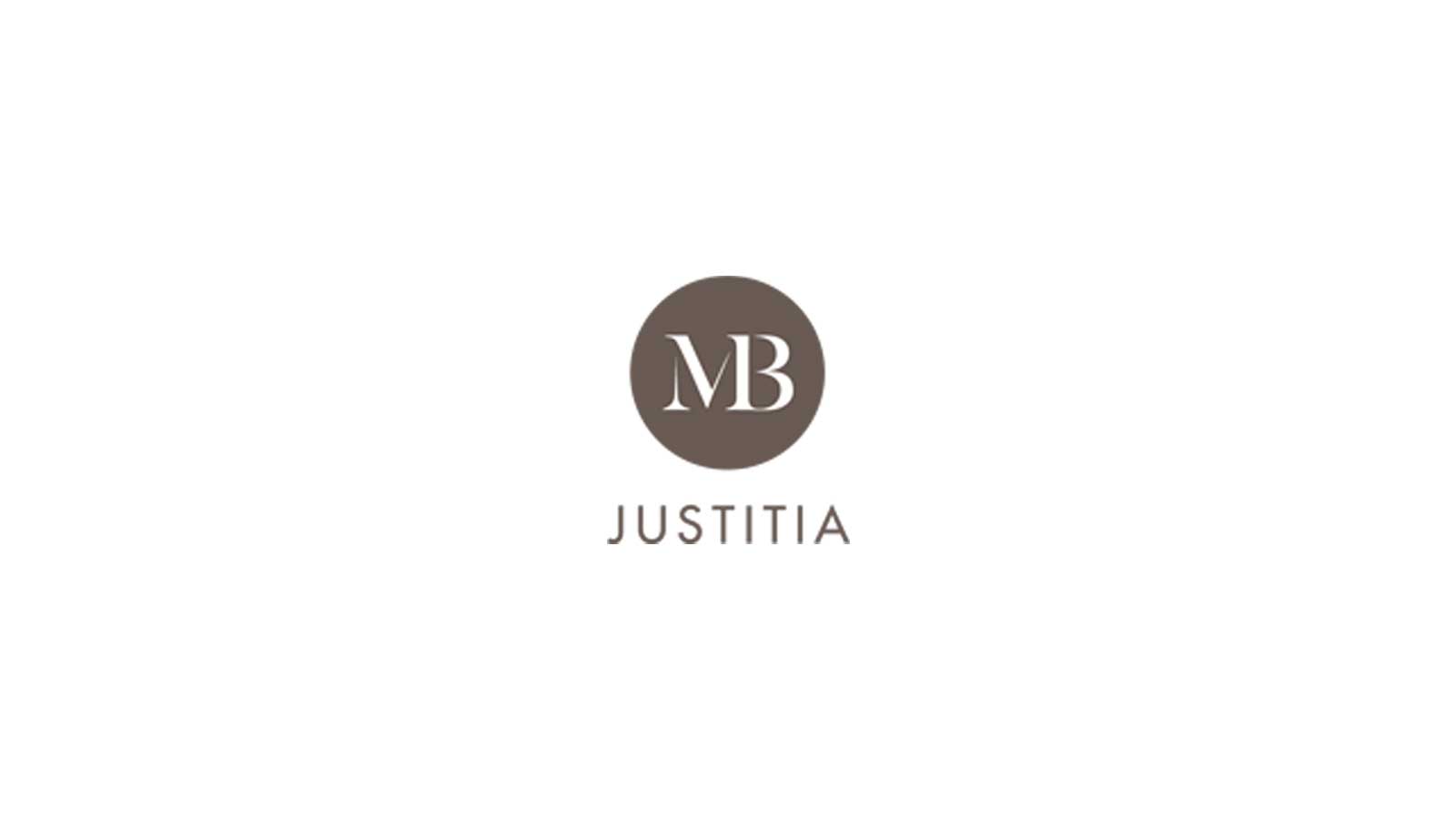

Foreclosure
The MB JUSTITIA practice can help you in the event of a foreclosure or seizure. This can happen when a debtor is the owner of a property and does not repay a debt, despite requests for payment and the use of enforcement measures.
Summons to pay : the creditor, equipped with a writ of execution, should engage a lawyer who issues a summons to pay to the debtor, for the seizure of the property. From the point when this is delivered by a bailiff, the debtor cannot sell the property (unless agreed and authorised by a judge) nor give it to anyone, nor receive rent from it. The order obliges the debtor to pay their debt within 8 days. In the event of default of this payment, a bailiff is authorised to enter the property to create a report of the description of the seized property.
Directions hearing : The debtor will then receive a summons to appear at a directions hearing, where the judge decides on the potential disputes, authorises the sale of the seized property at the minimum price, or directly orders a forced sale.
Adjudication hearing (sale at auction) : Once the forced sale has been published (publication in legal announcement papers, display of notice in front of the seized property...) the property is sold at auction. The last bid wins, but anyone can make a higher bid in the ten days following the auction, through a lawyer. This higher bid is at least 10% of the principal price of the sale, and this prompts a further hearing.
Distribution of proceeds : The sum raised is shared among the creditors. After repayment, the judge terminates the seizure process.
The purchaser can request the eviction of the debtor (unless the conditions of sale state that they should remain in place).
Reference texts : Civil procedures code art. L. 311-1 et seq.
